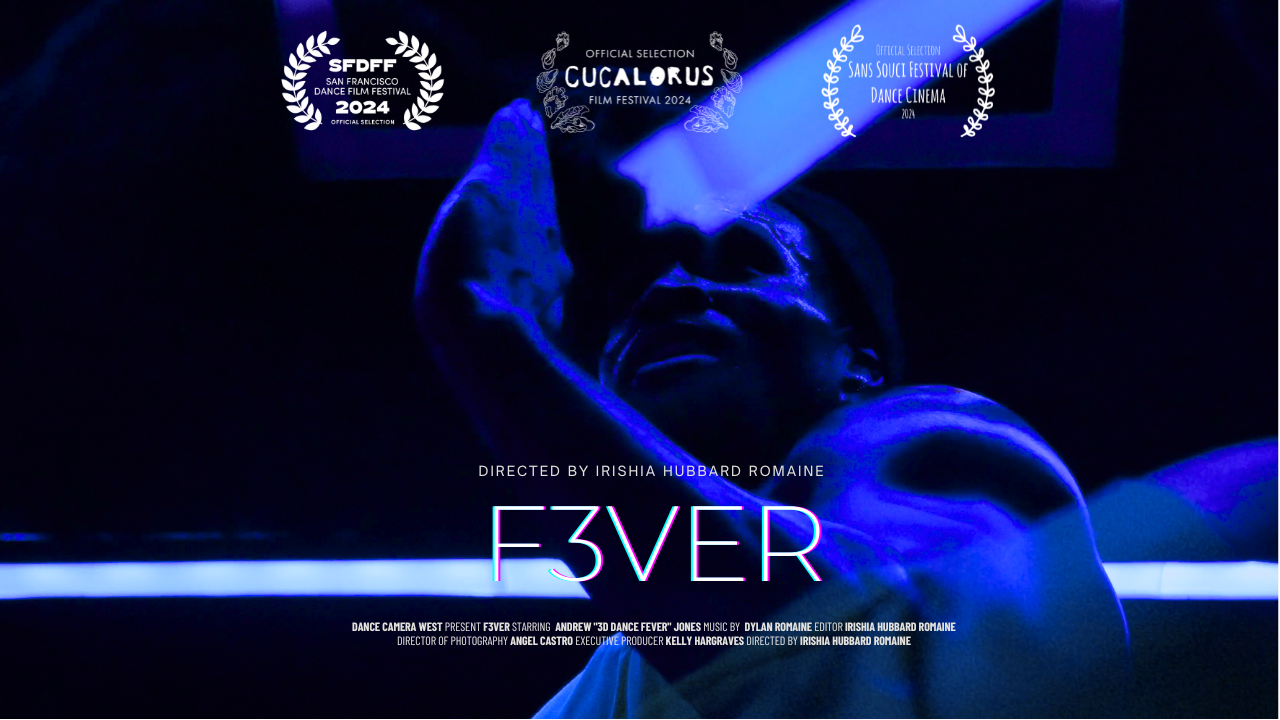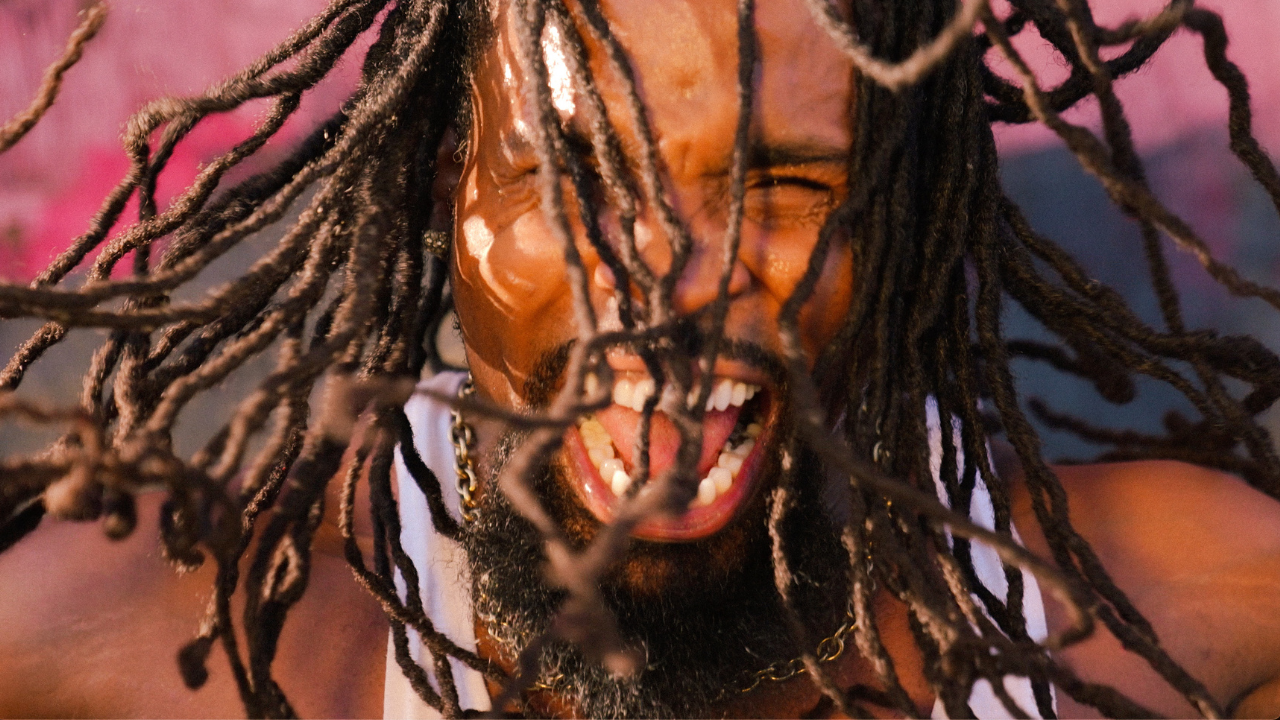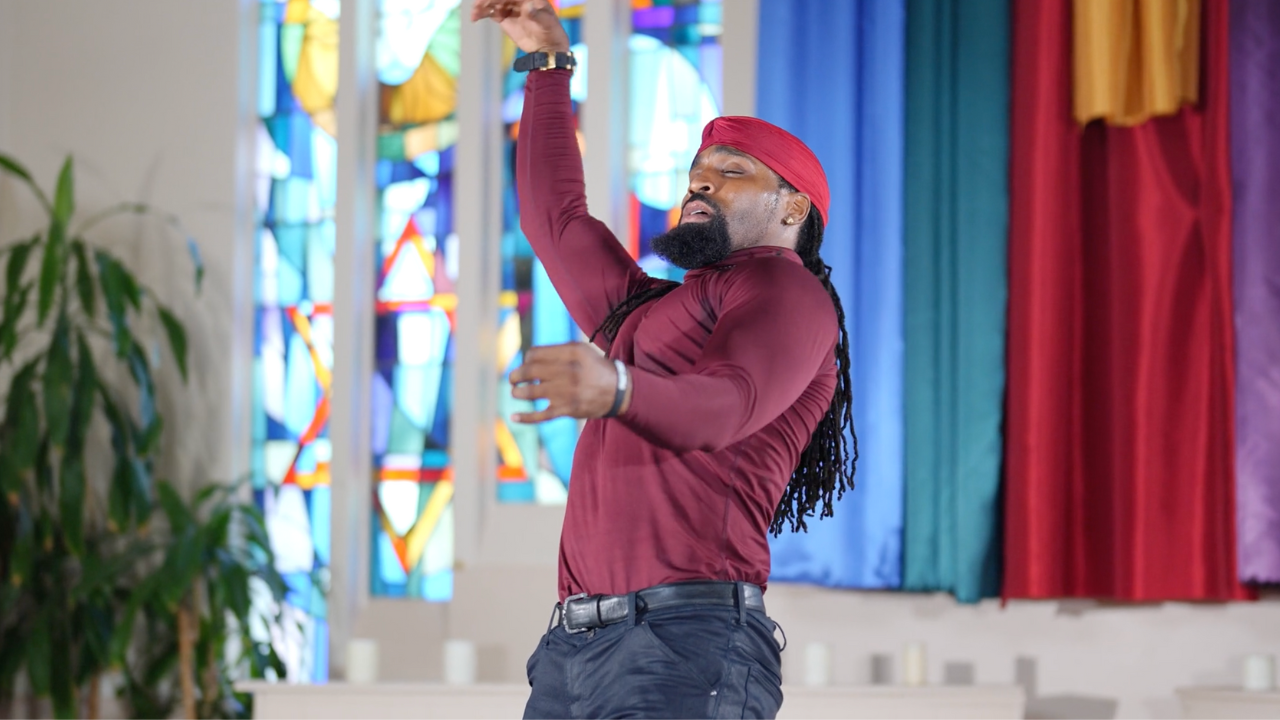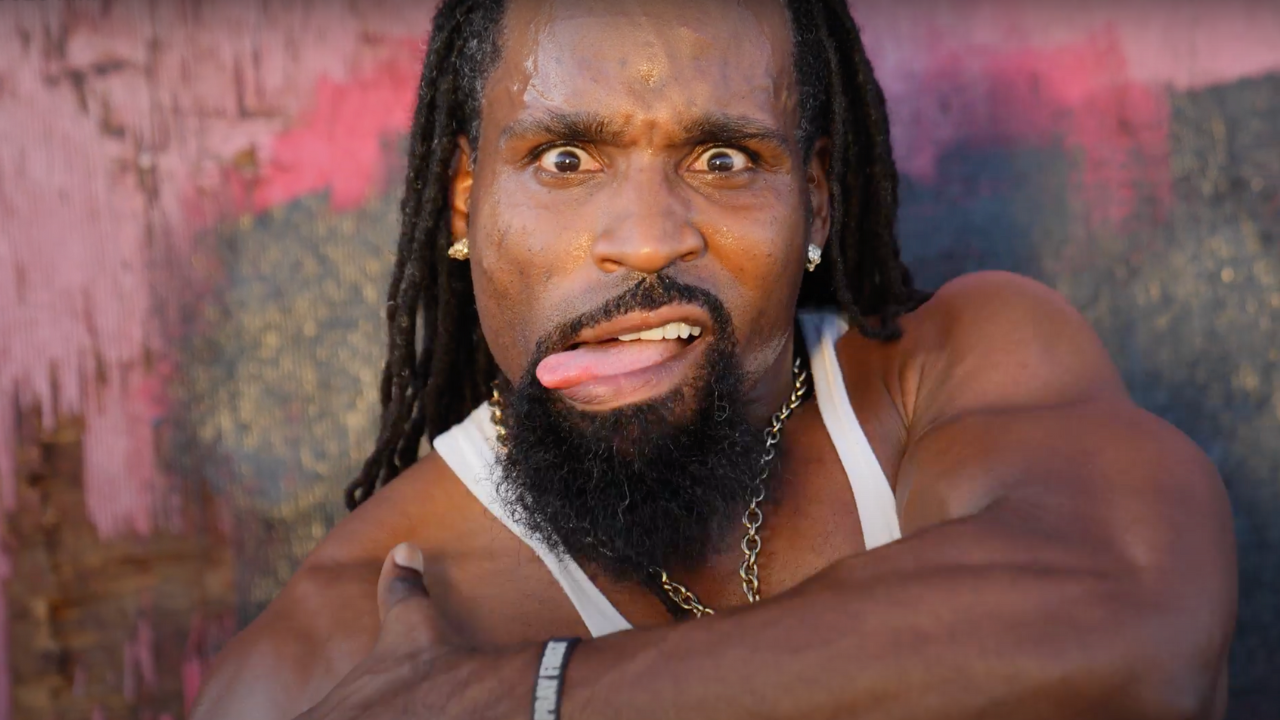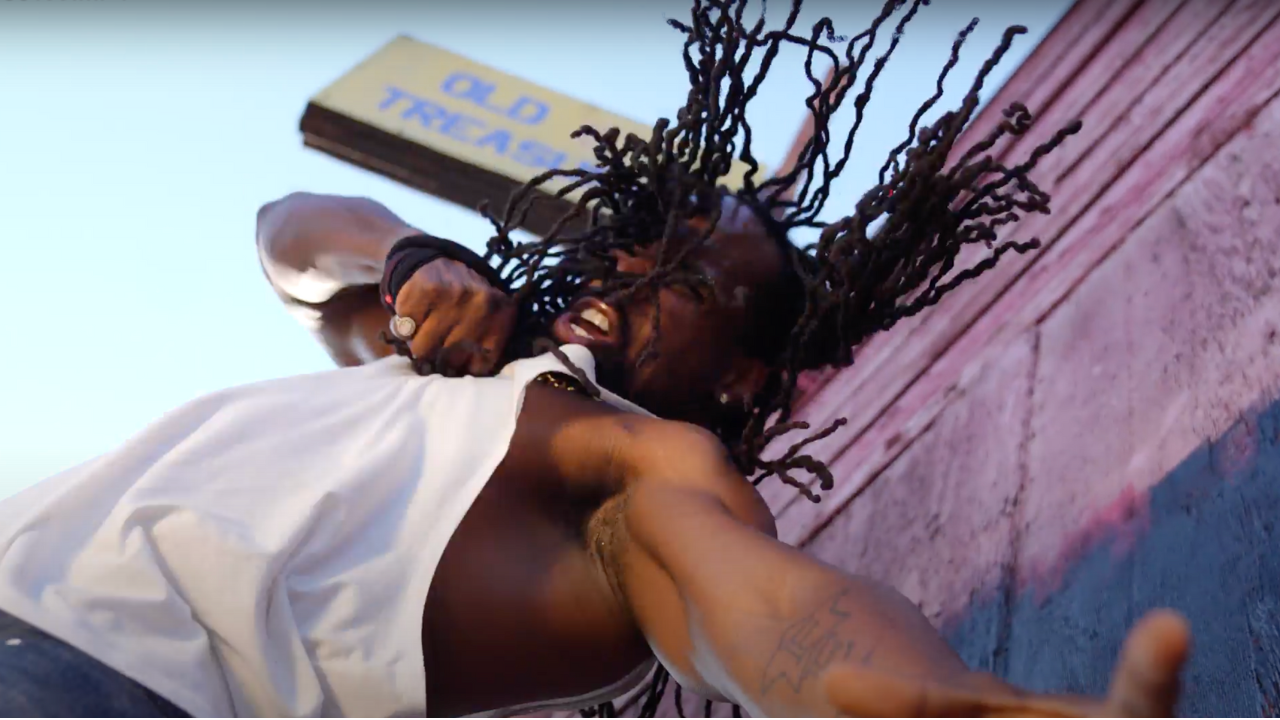Biography
Documentary
Andrew "3D Dance Fever" Jones defies expectations as a street dancer, substance abuse counselor, and globally recognized dance fitness instructor. As he navigates the hometown challenges, he discovers the power of dance, using its rhythms to overcome personal adversity and inspire others.
Events
VERIFIED
indicates participation at event is verified
indicates the title was awarded at the event
Events
VERIFIED
indicates participation at event is verified
indicates the title was awarded at the event
Details
Country of Origin: United States
Release Year: 2024
Runtime: 0h 15m
Credits
Tap on the names to send a message!
Irishia Romaine - Director, Editor, Movement Direction, and Sound Design
Kelly Hargraves - Executive Producer
Angel Castro - Director of Photography
Interviewee - Andrew 3D Dance Fever Jones
Sound Recordist - Fabian Vasquez Euresti
Gaffer/Grip - Jacob Vega
Composer - Dylan Romaine

